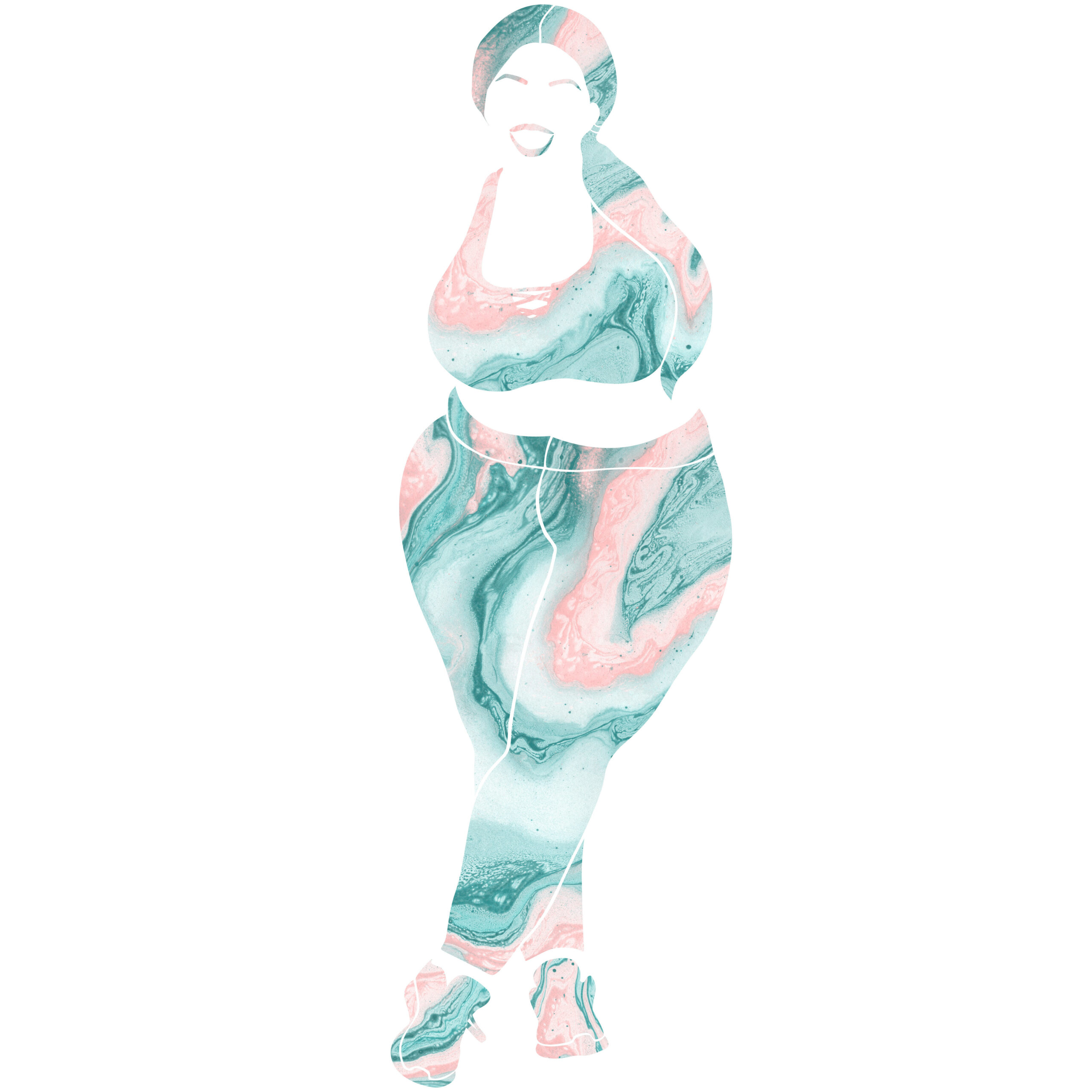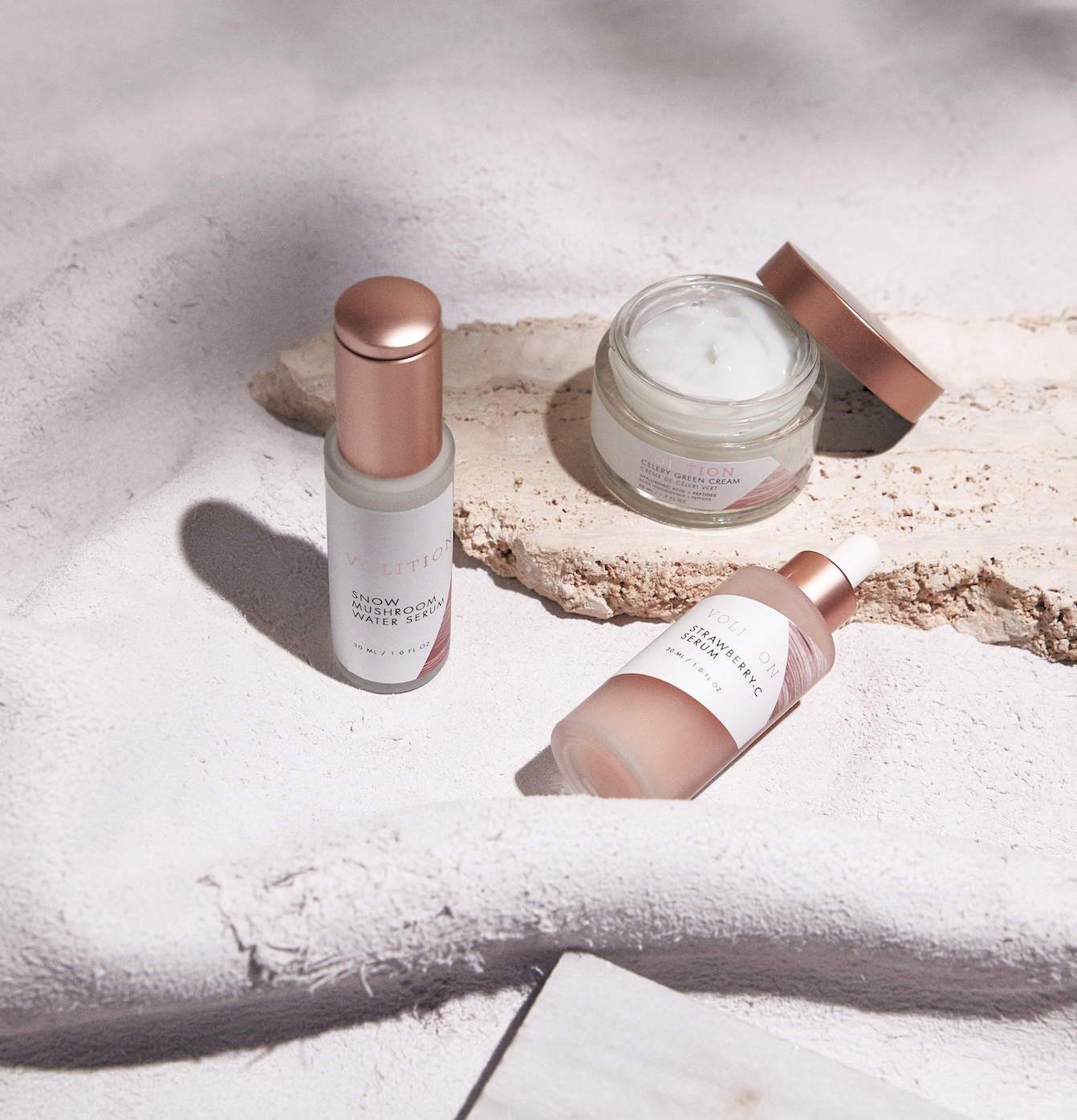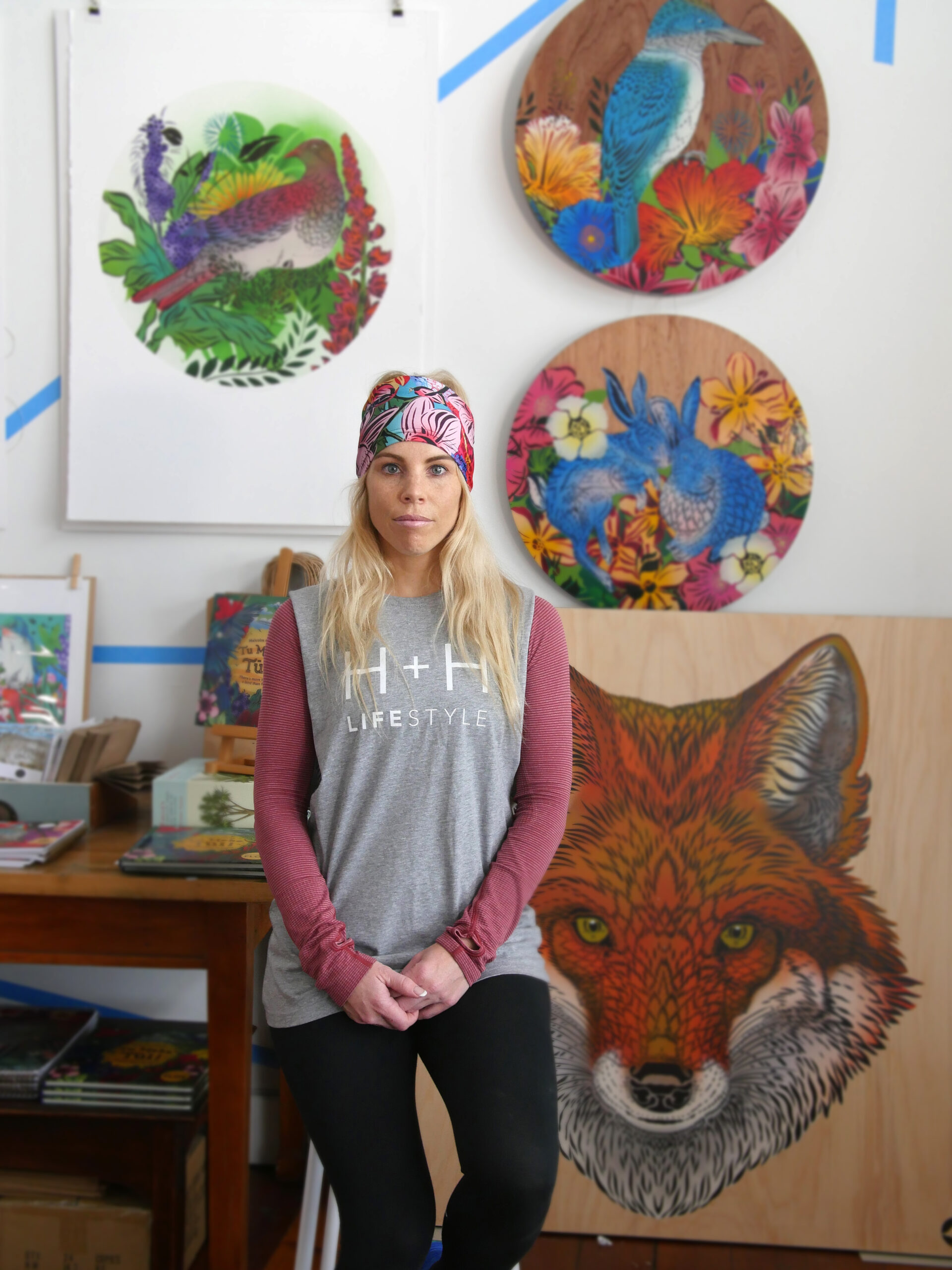Where did the culture surrounding body positivity come from, where is it going, and what does it truly mean to be body positive?
How many times have you heard the term ‘body positive’ in the past few years? It’s a concept that has become more and more mainstream, and rightly so. Social media users have been challenging societal standards of beauty, reclaiming the word ‘fat’, and re-writing the narrative of what it means to be worthy of respect.
Where it all began
The roots of the body positivity movement trace back to the 1960s, when black women began addressing fatphobia and challenging beauty standards. In 1996, Connie Sobczak and Elizabeth Scott founded the website ‘The Body Positive’ hoping to “create a lively, healing community that offers freedom from suffocating societal messages that keep people
in a perpetual struggle with their bodies.”
In 2012, the movement was amplified by social media with the help of influencers and models such as Tess Holiday and Megan Jayne Crabbe. The main message of the movement is that beauty comes in every form imaginable. People who look different from the editorial models in Vogue are equally as beautiful and worthy.
Brace for impact
Those with a larger body, older body, darker skin, an amputation, or an accessibility need have often been ignored by the beauty industry and, in the case of larger bodies, actively maligned by the diet industry. But now these bodies, which look so different from the unrealistic standards set by society, are finally starting to become normalised on social media.
Body liberation coach, activist, and author of Raising Body Confident Kids, Emma Wright, says that there has been a long history of using aesthetics of the body to decide who sits at the top. “We can see this very clearly with colour and race and gender. Size falls into that as well. Slimness gives those who have it a huge dose of unearned privilege. There is also a massive financial incentive to keep the hatred of bigger bodies alive so that the diet industry can keep its wheels turning.”
Liberate yourself
Does embracing body positivity really have an impact on your mental health? Wright says that having a healthy relationship with your body can be the difference between life and death. “I don’t think people realise how dangerous eating disorders are. Having disordered eating can suck the joy out of your life and lead to many and varied health complaints.”
Wright says that once you learn that society’s control over how you view your body is unfair, you can take steps towards changing it. After having her first child, Wright promised to not let her daughter have the same problematic relationship with food as herself and put her master’s degree to use. Wright says after uncovering bias and understanding what research was legitimate, she learnt a lot. “I put everything I learnt into practice, my relationship with food shifted dramatically. I found freedom and peace that I didn’t even know was possible. My daughter stopped sneaking food and I can trust her implicitly to eat what is right for her unique body.”
Plus-size model and writer, Meagan Kerr says that for a long time she thought body positivity was just about how you feel about your own body. “As I learned more about it, I realised there’s more to it. Body positivity is the radical notion that everybody, regardless of how old they are, their race, how much they weigh, their gender, body shape, health status,
or whether or not you find them attractive, deserves to be treated with respect. Changing how you feel about yourself is great, but there’s a lot of systemic and societal change we need to be pushing for.”
Being a fat icon
Have you ever been called fat and felt all the negative connotations the word holds? Instagram influencer Kellie Brown is leading the way in reclaiming the word ‘fat’. Brown has merchandise including T-shirts, mugs and pillows bearing the slogan ‘fat icon’, all aiming to allow fat women to reclaim the word fat for themselves and to prove that is just another adjective.
Wright says she is a big fan of this movement. “I’d love to see the word fat become common parlance. I never use the word overweight, we don’t say over-tall, so why overweight?”
Kerr agrees that using fat as a neutral adjective is a progressive step forward. “Stripping away any moral judgement or negative stereotypes that have been associated with it is really important. I use fat to describe myself just as I would say that I was short, Māori, or have brown eyes.”
Kerr has been involved in plus-size and body-positivity culture since 2012 when she started her blog called ‘This is Meagan Kerr’.
Her interest in the movement began with Tumblr where there were plus-size women discussing being fat without the inclusion of diet culture, which was revolutionary at the time. “I found some of the things they shared really confronting, and that made me reexamine everything I’d been taught about bodies, including my own.
“There aren’t a lot of people in Aotearoa talking about plus-size fashion, and even fewer advocating for people who wear size 24-plus. That’s why I started my blog back in 2012, because I wanted to see people with larger bodies represented.”
Where now?
It’s up to us to push for positive change that can improve other people’s quality of life. Equity is important to ensure everyone gets equal opportunities and advancements in order to succeed.
Kerr says that the body-positive movement began as a movement to lift up our marginalised people and change the status quo, but unfortunately it is quickly becoming less focused on these topics. “While this might make it more attractive and palatable to the masses, I think it sidelines a lot of people, especially people of colour, those with disabilities and those
in larger fat bodies.”
Kerr says offering support as an ally when you see bullying online or in real life is crucial. “It can be pretty uncomfortable saying ‘hey, that’s not okay’, especially to a friend or family member, but we can not let things such as fatphobia, racism, and ableism thrive here.”





